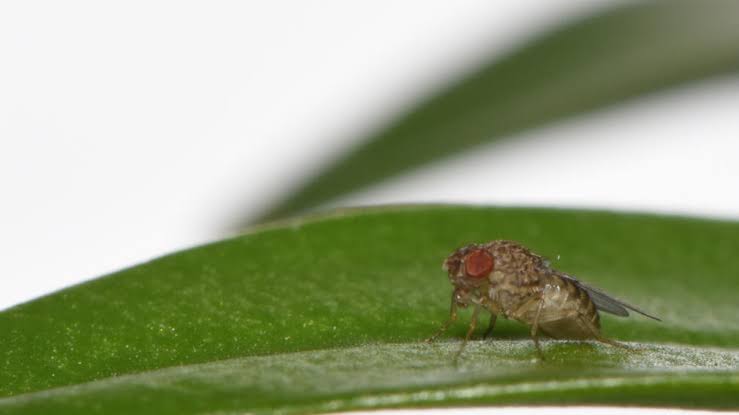ITV
A roundworm that spent the last 46,000 years in suspended animation in the Siberian permafrost has been revived by scientists.
Two of the frozen worms, which researchers have called Panagrolaimus kolymaensis, were found in a fossilised squirrel burrow 40 metres below the ice in 2018 by Russian scientists near the Kolyma river in northeastern Siberia.
After studying the worms, scientists concluded it is a new species of nematode.
Nematodes, or roundworms, are amongst the most abundant animals on earth with some 20,000 species. They can be found in soil, water, animals, plants, and even vinegar.
Radiocarbon dating showed that the worms remained in cryptobiosis, an inactive metabolic state, for 46,000 years.
When these worms went to sleep, they shared the planet with Neanderthals and woolly mammoths, and it would be another 40,000 years until the Pyramids of Giza were built.
Prof Teymuras Kurzchalia of the Max Planck Institute of Molecular Cell Biology, which carried out the study, says these worms show that nematodes can exist in cryptobiosis for tens of thousands of years more than previously thought.
Want a quick and expert briefing on the biggest news stories? Listen to our latest podcasts to find out What You Need To Know…
The worms were revived by Anastasia Shatilovich at the Institute of Physicochemical and Biological Problems in Soil Science RAS in Russia.
She was then invited to Dresden to collaborate.
Scientists were able to reproduce the worms and they are now undergoing experiments.


